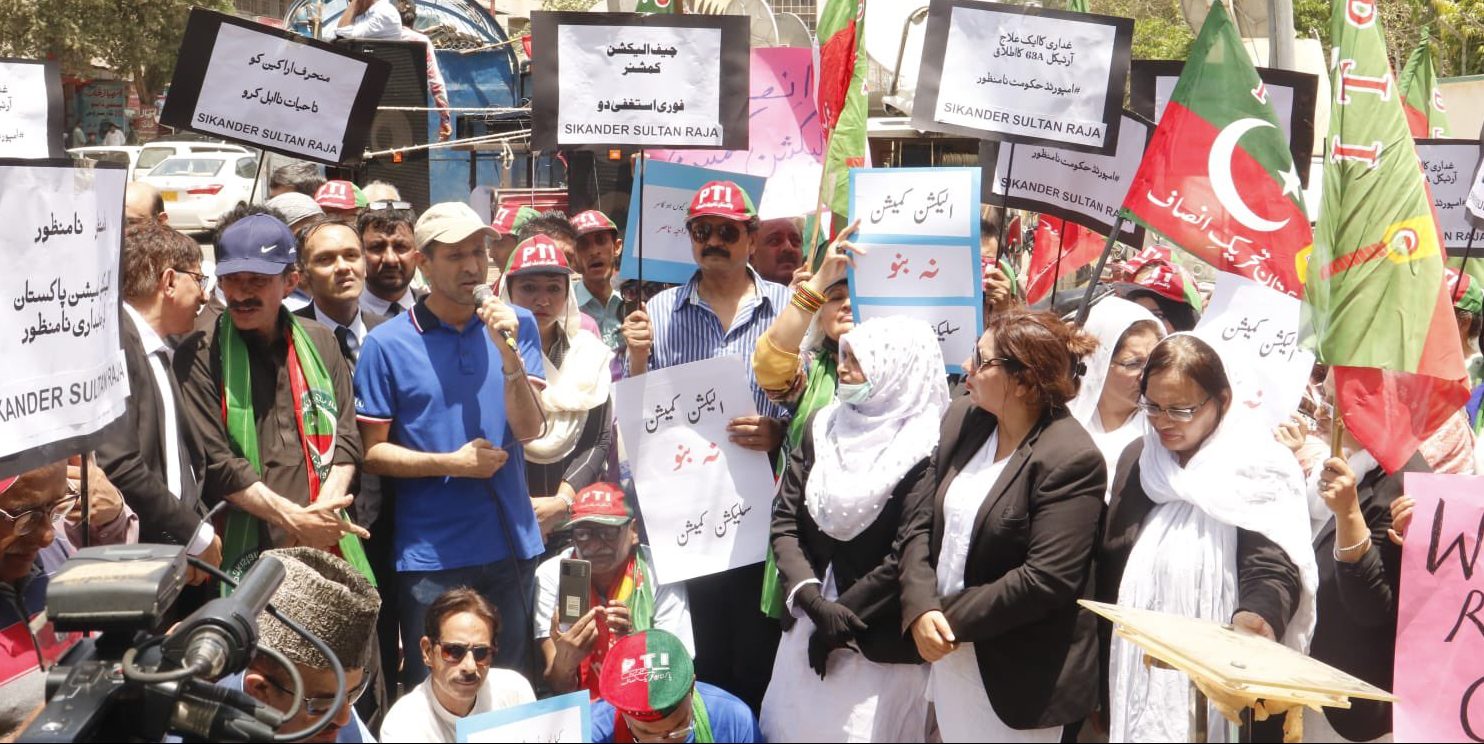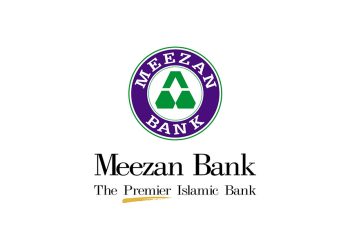Governor of the State Bank of Pakistan (SBP), Jameel Ahmad, highlighted the bank’s dedication to making financial services accessible to everyone as a fundamental right. In his keynote address, delivered via video link at the inauguration of Pakistan Financial Literacy Week (PFLW) in Karachi, Ahmad underscored the importance of equipping every citizen with the necessary tools and knowledge for full economic participation.
THEME OF THE WEEK: DIGITAL BANKING MADE EASY
The PFLW, hosted at SBP’s Learning Resource Center, revolves around the theme ‘Digital Bankari – fori aur asaan’ (Digital Banking – immediate and easy), focusing on simplifying digital finance for the masses. This event saw the participation of commercial bank leaders, World Bank senior officials, and other key financial stakeholders, emphasizing the collaborative effort to drive financial literacy and inclusion.
BUILDING AN INCLUSIVE FINANCIAL SECTOR
Ahmad pointed out that an inclusive financial sector is crucial not just for the banking industry’s growth but also for enhancing the effectiveness of monetary policies. He shared that the SBP is actively working towards increasing the accessibility and usage of financial services, aiming to meet the financial needs of individuals and businesses in a respectful and equitable manner.
KEY INITIATIVES FOR FINANCIAL EMPOWERMENT
The Governor shed light on several national strategies and policies implemented to extend financial services to the unserved and underserved populations. These include the National Financial Inclusion Strategy, National Financial Literacy Program, and the Banking on Equality Policy. Additionally, initiatives such as RAAST, ASAAN Digital Account, ASAAN Mobile Account, Digital Banks, and specialized schemes like the SME Asaan Finance Scheme (SAAF) were highlighted as significant steps towards financial inclusion.
IMPACT AND PROGRESS IN NUMBERS
As of June 2023, Pakistan has seen a significant rise in the number of bank accounts, totaling approximately 177 million, with 83 million unique account holders. This signifies that 60% of the adult population now has a bank account, including 49 million accounts owned by women. This marks a substantial step towards achieving gender equality in financial access.
THE ROAD AHEAD: VISION 2028
While celebrating these milestones, Ahmad recognizes the journey towards achieving the financial inclusion levels of neighboring economies is far from over. The ‘SBP Vision 2028’ sets forth an ambitious plan for the central bank to enhance its financial inclusion strategy, focusing on digital policies aimed at broadening access to financial services.
COLLECTIVE RESPONSIBILITY FOR FINANCIAL LITERACY
The State Bank of Pakistan (SBP), in collaboration with the government, banks, and educational institutions, views financial literacy as a shared duty. Improving financial literacy is crucial for Pakistan’s growth, as it stimulates economic development and aids in poverty alleviation.
INTERNATIONAL PRAISE AND THE WAY FORWARD
Miquel Dijkman of the World Bank has praised Pakistan for its strides in financial inclusion and the adoption of digital technologies. The achievements of commercial banks in advancing financial literacy since 2017 were highlighted at a recent event, where discussions about the future of digital finance took place. These discussions focused on the role of technology in the financial sector and strategies to create a secure, inclusive digital finance ecosystem.
ENGAGING THE NATION IN FINANCIAL EDUCATION
During Financial Literacy Week, a variety of activities, both in-person and online, are organized to promote financial literacy in the digital era. Activities include poster competitions, financial literacy camps nationwide, and thematic events at the SBP Museum and library. These initiatives aim to cultivate a financially savvy society equipped to navigate the digital financial landscape successfully.



















